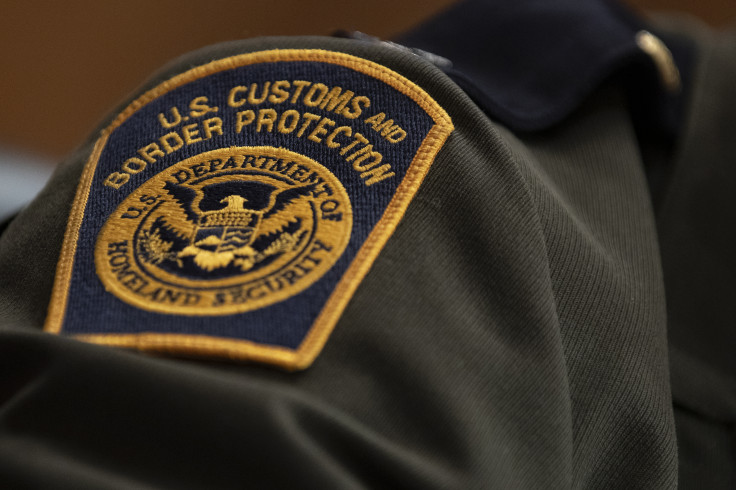
Two Customs and Border Protection (CBP) officers pleaded guilty to allowing drugs into the country through the Tecate and Otay Mesa crossings at the southern border, potentially facing life in prison.
Federal prosecutors detailed that the two had a "secret emoji-based code" to let traffickers know which inspection lanes they were manning, waving them through when they arrived.
The officers in question are Jesse Clark Garcia and Diego Bonillo. They pleaded guilty to charges of conspiracy to import controlled substances including cocaine, methamphetamine and heroine.
Garcia and Bonillo "profited handsomely, funding both domestic and international trips as well as purchases of luxury items and attempts to purchase real estate in Mexico," said the statement by the prosecutors. The former is scheduled to be sentenced in late September, while the latter is scheduled for early November.
Similar cases have made headlines throughout the year. Two officers were charged in April with accepting bribes to allow undocumented migrants to enter the United States without inspection at the San Ysidro Port of Entry, one of the nation's busiest border crossings.
Farlis Almonte and Ricardo Rodriguez, both assigned to immigration inspection booths, were arrested following an investigation into their involvement with human traffickers. The charges came after investigators uncovered phone evidence showing the officers exchanged messages with smugglers in Mexico, and discovered unusual deposits into their bank accounts.
According to federal prosecutors, the officers were paid thousands of dollars to wave through dozens of vehicles carrying undocumented migrants, as The Associated Press reports. Surveillance footage revealed at least one instance where a vehicle stopped at a checkpoint had only the driver documented as entering the country, while a passenger went unreported.
The investigation was triggered by the arrests of three migrant smugglers who disclosed that they had been coordinating with CBP officers to facilitate the entry of undocumented individuals.
Almonte and Rodriguez allegedly provided smugglers with information about their work schedules and the lanes they were assigned to at the border crossing, enabling the traffickers to strategically pass vehicles through inspection lanes. As a result, dozens of cars containing undocumented immigrants were allowed to pass through the port without scrutiny.
© 2025 Latin Times. All rights reserved. Do not reproduce without permission.





